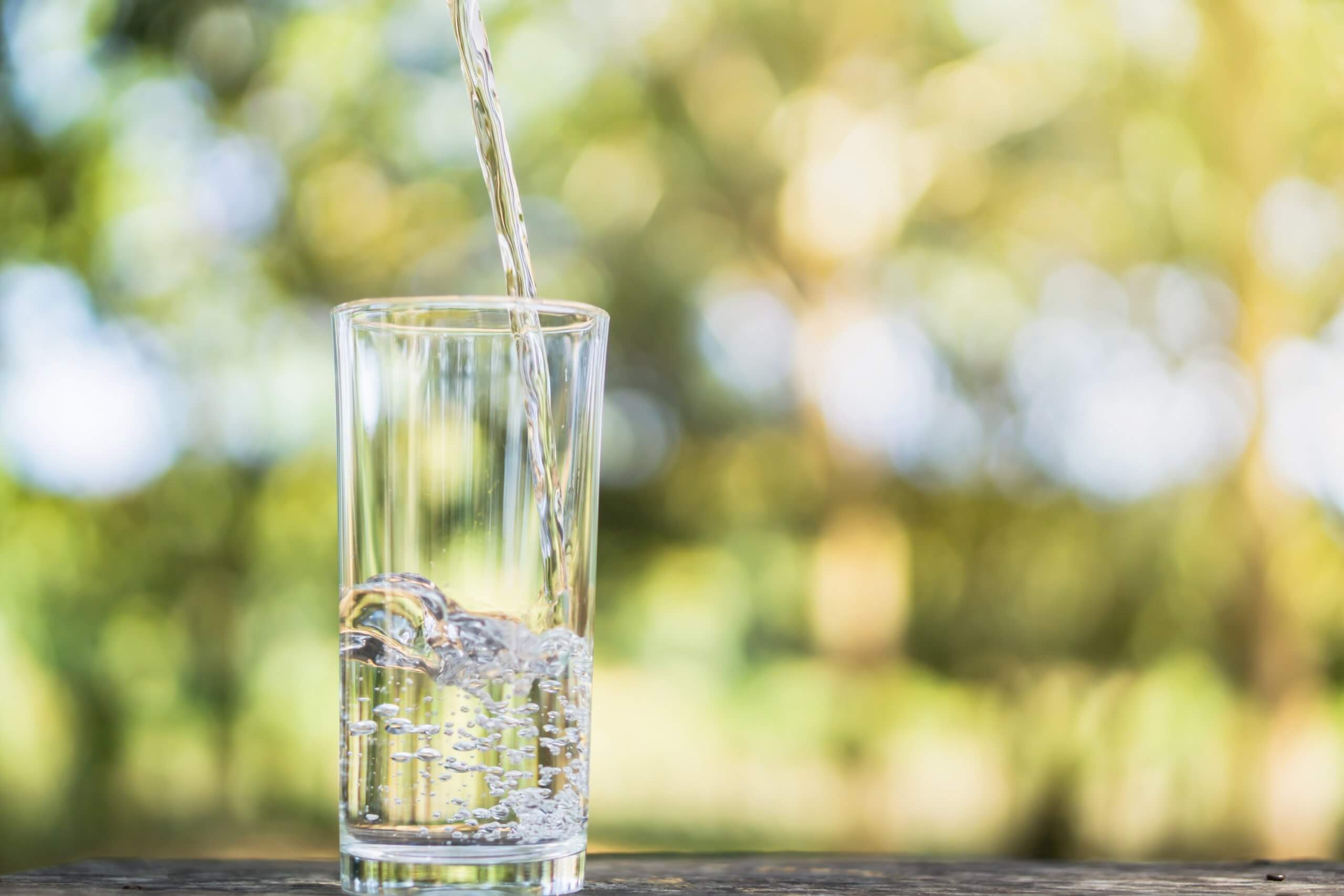Main Factors That Affect Your Water Quality
We use water for almost everything we do in life. However, many people don’t take a moment to think about the quality of water coming out of their faucets. The idea is as long as it looks clean, it is good for use—which is so wrong. Your water quality affects many facets of your life, including your health, the flavor of your food, the cleanliness of your clothes and dishes, as well as your HVAC system performance and efficiency. Here are the biggest factors that affect your water quality and what you can do about them.
1. Pollution
Pollution is the biggest cause of poor water quality. Things like pesticides, detergents, grease, and oil can get into water sources. Pollution is categorized into two sources: point source pollution and non-point source pollution.
Point source pollution is when pollutants enter the water from identifiable sources, i.e., where water companies draw on. These are easy to control because water companies are required by the law to treat water and make it safe for people. On the other hand, for non-point pollution (the biggest problem of water quality), the pollutants do not come from a single point that people can identify or easily control. For example, pollutants like industrial and factory wastes, pesticides, and fertilizers contribute to non-point pollution. Also, if somebody flushes prescriptions down their drain, the compounds that make that drug will find themselves in the water sources.
Another source of pollution is saltwater intrusion. When water from the sea enters into nearby groundwater sources, the salt can cause the metals in the pipes to leach into the water being pumped to households.
2. Usage
Sometimes, how you use your water can affect its quality. This happens when you share the water supply with many people in the community. Overusing water can cause a strain on the water treatment system leading to poor water purification at some parts. The same can also apply when the water company you are sourcing your water from uses old, inefficient wastewater treatment systems. Even though they work, they may not be purifying the water as needed. Besides, new contaminants can find a way to escape the purification processes.
3. Temperature
Temperature plays a huge role in determining the quality of water. From determining the kind of microorganisms that survive in water, the chemistry of water also influences the water treatment process.
High water temperatures from water sources will easily dissolve chemicals from ground surfaces, nearby rocks, and other pollutants. Warm water also holds fewer levels of oxygen, which can make it conducive for some dangerous microorganisms. Coldwater will also dissolve more carbon dioxide as it goes through the water treatment process. High carbon dioxide levels in water can make it acidic, thus corroding pipes and other metallic surfaces that it passes through. Furthermore, the water temperatures also determine the rate of chemical reactions that affect water quality. Typically, most chemicals react faster in warm water than in cold water.
4. pH
Pure water has a neutral pH, which is 7. But, it isn’t easy to find water that is always neutral because there are many factors that affect the acidity and alkalinity of water. One such cause is temperature, as discussed above. The other prominent cause is the soil composition or the bedrock at the water source. In addition, organic material and plants near water sources also have an impact on water pH. Of course, other factors like chemicals and acid precipitation can also determine the alkalinity or acidity of water.
Most metals used in water systems, such as iron, lead, copper, and manganese leach when exposed to acidic water. Alkaline water leads to the formation of calcium deposits that form scales inside pipes, gives water a bitter taste, and even causes your clothes and dishes to look dirty.
5. Runoff
Heavy rainfall causes erosion and washing of contaminants from farms, dumps, and other sources of pollution into water bodies. These dangerous elements have a greater potential of ending up in your water supply after reaching water sources.
How Poor Quality Water Affects Your HVAC System
Water that has dissolved mineral solids is the biggest danger to your HVAC system. When that water evaporates in the cooling tower, salt concentration builds up within the heating system. After a while, these salts form a layer of scale around the nearby pipes and the heating system itself.
Minerals within your system will trap the heat or cooling, making it difficult for your HVAC system to deliver as required. Moreover, the metallic parts, which are almost every part of your system, will begin to corrode from the minerals on them. This is because the minerals react with water droplets in the system and oxygen to make rust which eats up the metallic parts. Therefore, poor quality water will damage your system by making it work too hard to make up for the trapped heat and cooling, and secondly, the metallic parts will break or leak, which will need immediate replacement.
Water with bacteria and algae also has detrimental effects on your unit. When they enter into your system, they will interact with the cooling water to make slime. Slime is emulsification or a film on the piping surfaces. Slime also has the effect of trapping heat or cooling from your HVAC system. In addition, microorganisms cause Microbiological Induced Corrosion (MIC). This corrosion is even more severe than the one caused by minerals. It could be even worse if your water is contaminated by legionella bacteria, which besides eating up your system at a faster rate, can also infect you and your family.
The pH of water used in your HVAC system causes many effects. Typically, it’s best to use neutral water for your system. If you use water that is acidic, the metallic parts will corrode, leading to leaks. On the other hand, alkaline water has high levels of calcium. Calcium is responsible for making hard water, which causes scale formation within the metallic parts of your system. Scales also impact the performance and the efficiency of the HVAC unit.
How Can You Improve Your Water Quality?
The best way to address the issue of water quality in your home is by installing a water filtration system. This is because it gets rid of all the contaminants at the water source. Thereby, the water that you use, including for your HVAC system, is clean and contaminant-free.
Avoid using softeners to improve water quality. They can have a counterproductive effect because most of them use salt, which builds up within the pipes and HVAC system. Suppose there is corrosion affecting your piping system. In that case, you may need to replace the pipes entirely because even after installing a filtration system, the corrosion within the pipes will still contaminate the water.
If you are experiencing problems with your HVAC system, the issue might be caused by the quality of water you are using in your home in Sacramento, CA. Call Crystal Blue Plumbing, Heating & Air today to inspect and repair any damages. Our experts will determine the places most affected and advise you if a repair would suffice or if you need a replacement. We also offer UV lights, air filtration purification, and more. Contact us for more information!








